OCD can feel like a relentless cycle—those intrusive thoughts just won’t quit, and the compulsions keep pulling you back in. If you’ve been exploring therapy options, you might have come across Dialectical Behavior Therapy (DBT). But is DBT actually helpful for OCD? Let’s break it down.
Is DBT Appropriate for OCD?
Kind of, but not exactly. DBT was originally designed to help people with borderline personality disorder, focusing on things like emotional regulation, distress tolerance, and mindfulness. While these skills can be super useful for managing the emotional rollercoaster that sometimes comes with OCD, DBT alone isn’t the best treatment for OCD itself.
That being said, if you struggle with OCD and have intense emotions, difficulty managing stress, or other co-occurring challenges like anxiety or self-harm, DBT could be a great tool to have alongside a more direct OCD treatment.
What Is the Best Therapy for OCD?
If you’re looking for the most effective, research-backed therapy for OCD, the answer is Exposure and Response Prevention (ERP). ERP works by gradually exposing you to your fears without letting you engage in compulsions. Over time, this teaches your brain that you don’t need those rituals to feel okay.
Cognitive Behavioral Therapy (CBT) is also a go-to for OCD, especially when it includes ERP techniques. And if you’re someone who struggles with how you relate to your thoughts, Acceptance and Commitment Therapy (ACT) can be a helpful add-on.
While DBT isn’t typically the first choice for OCD, certain DBT skills—like distress tolerance and mindfulness—can make ERP and CBT more manageable by helping you ride out uncomfortable feelings.
Who Is DBT Not Recommended For?
DBT is great for people who struggle with emotional regulation, but if your main challenge is OCD without those intense ups and downs, it’s probably not the best fit.
That doesn’t mean DBT is never helpful for OCD—it just works best as a supplement rather than a stand-alone treatment. If you’re dealing with OCD plus big emotional swings, self-harm, or other mental health challenges, DBT might be worth exploring alongside ERP or CBT.
What’s the New Hope for OCD Sufferers?
The good news? OCD treatment is evolving in exciting ways!
- Virtual ERP therapy & apps – More therapists are offering ERP online, and apps like NOCD are making it easier to access specialized care.
- TMS (Transcranial Magnetic Stimulation) – A non-invasive brain treatment that’s showing promise for people with treatment-resistant OCD.
- Psychedelic research – Studies on psilocybin (the active ingredient in magic mushrooms) are looking into whether it could help disrupt obsessive thought patterns.
With new treatment options emerging, there’s more hope than ever for finding the right support and breaking free from OCD’s grip.
Radically Open DBT Therapy in Portland Oregon
Therapy & nutrition for individuals experiencing anxiety, depression, eating disorders, OCD, and more.


